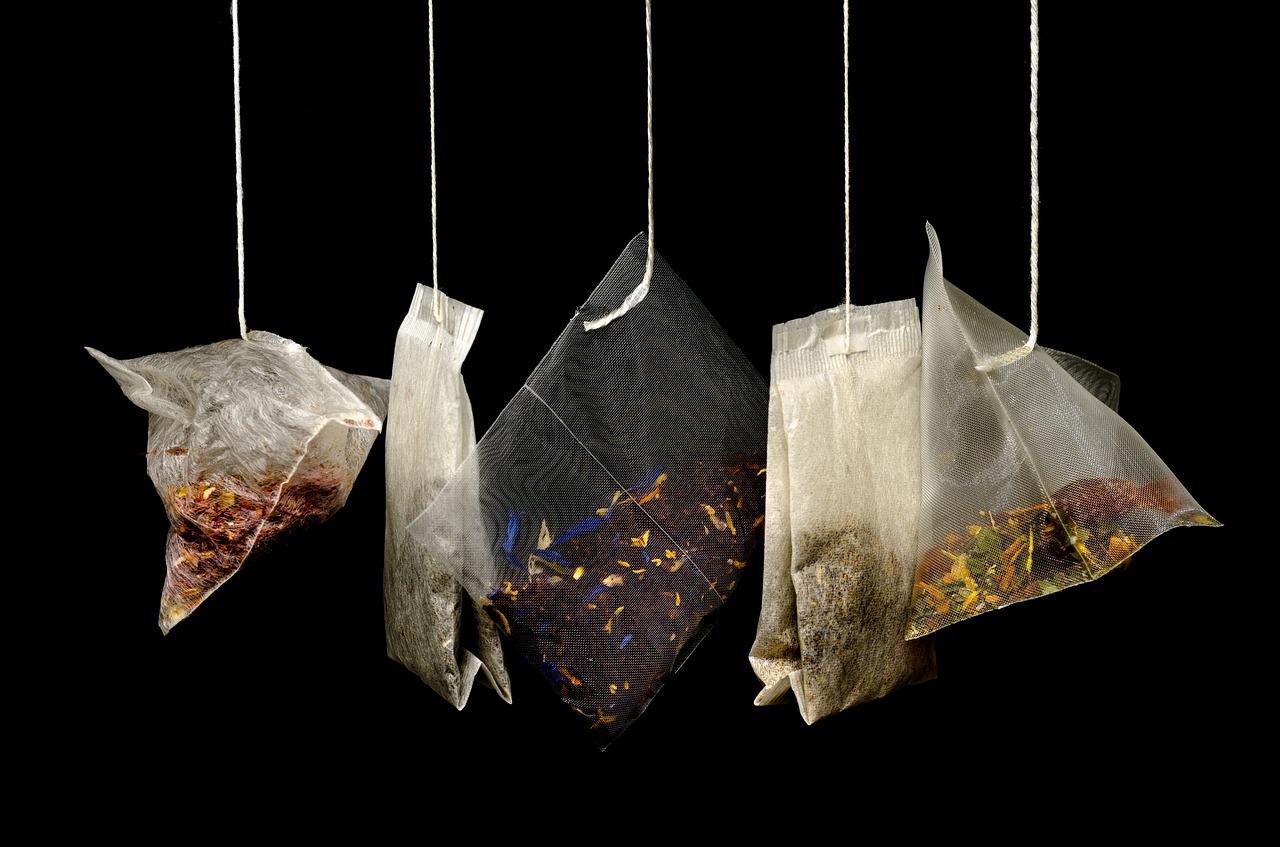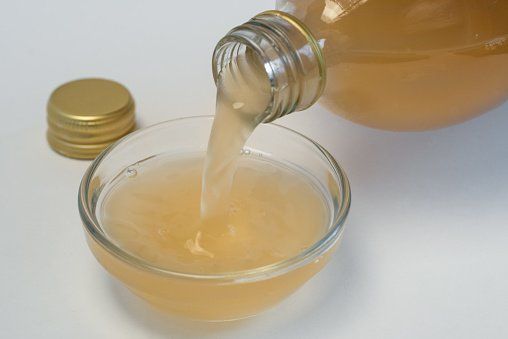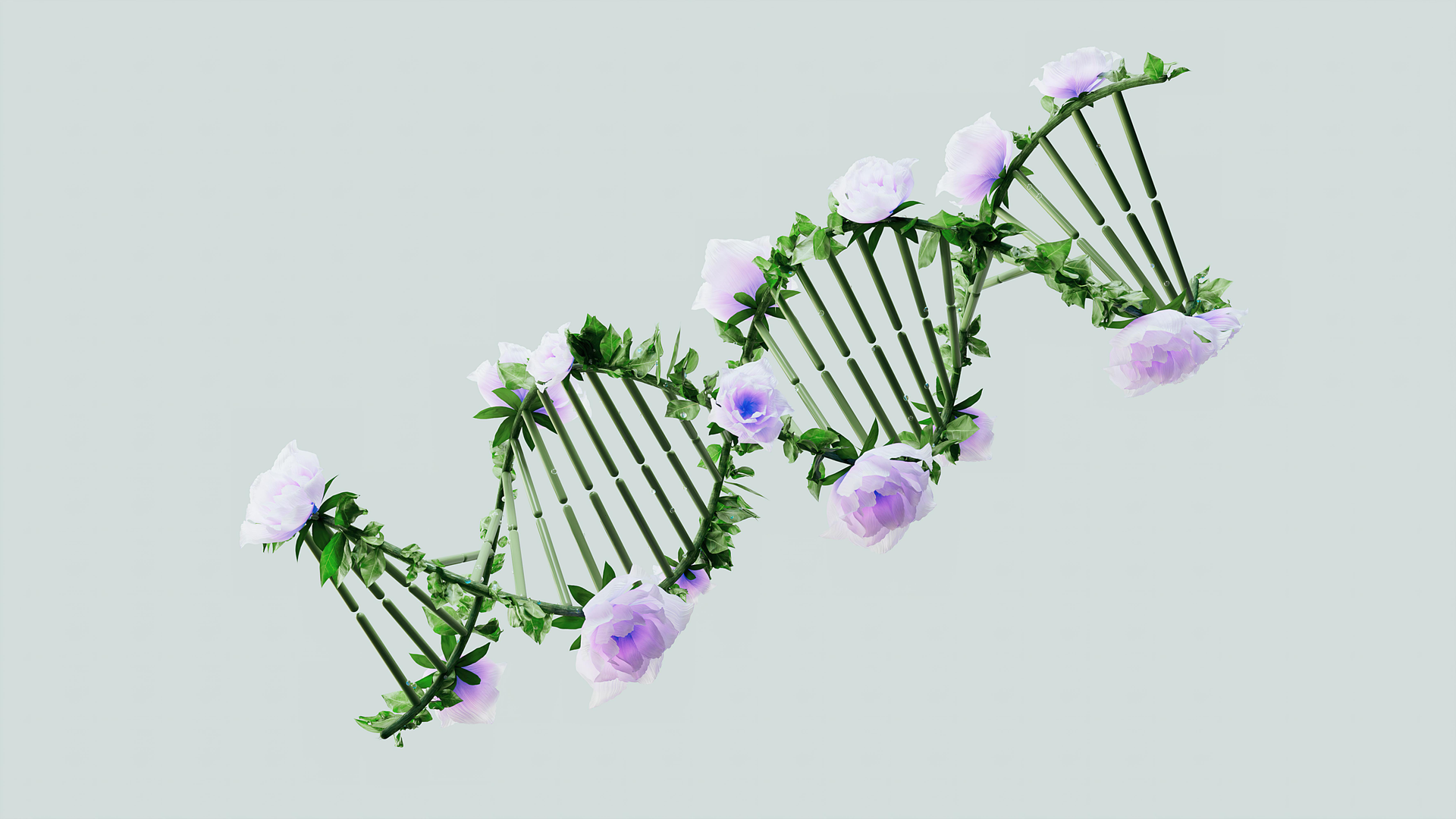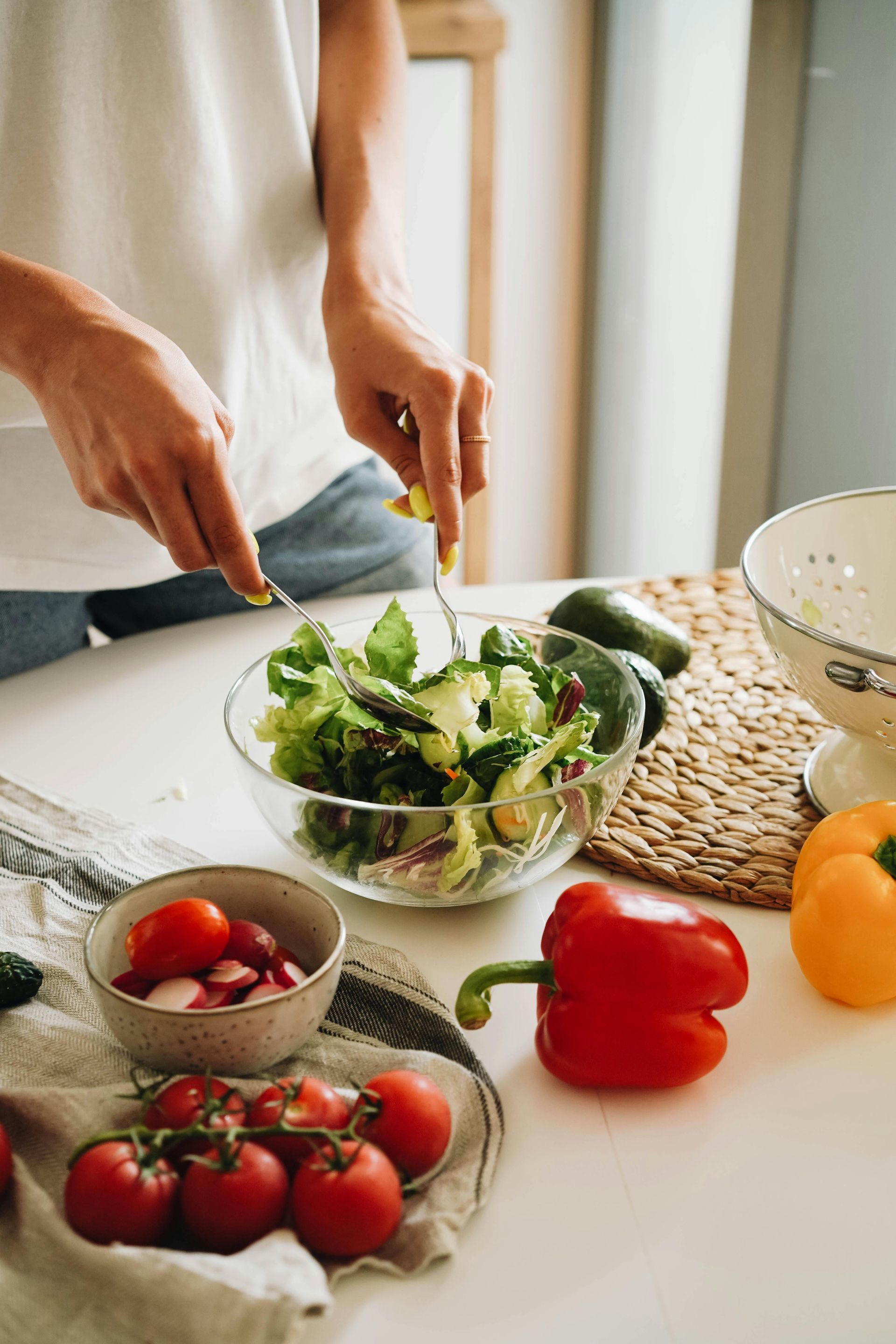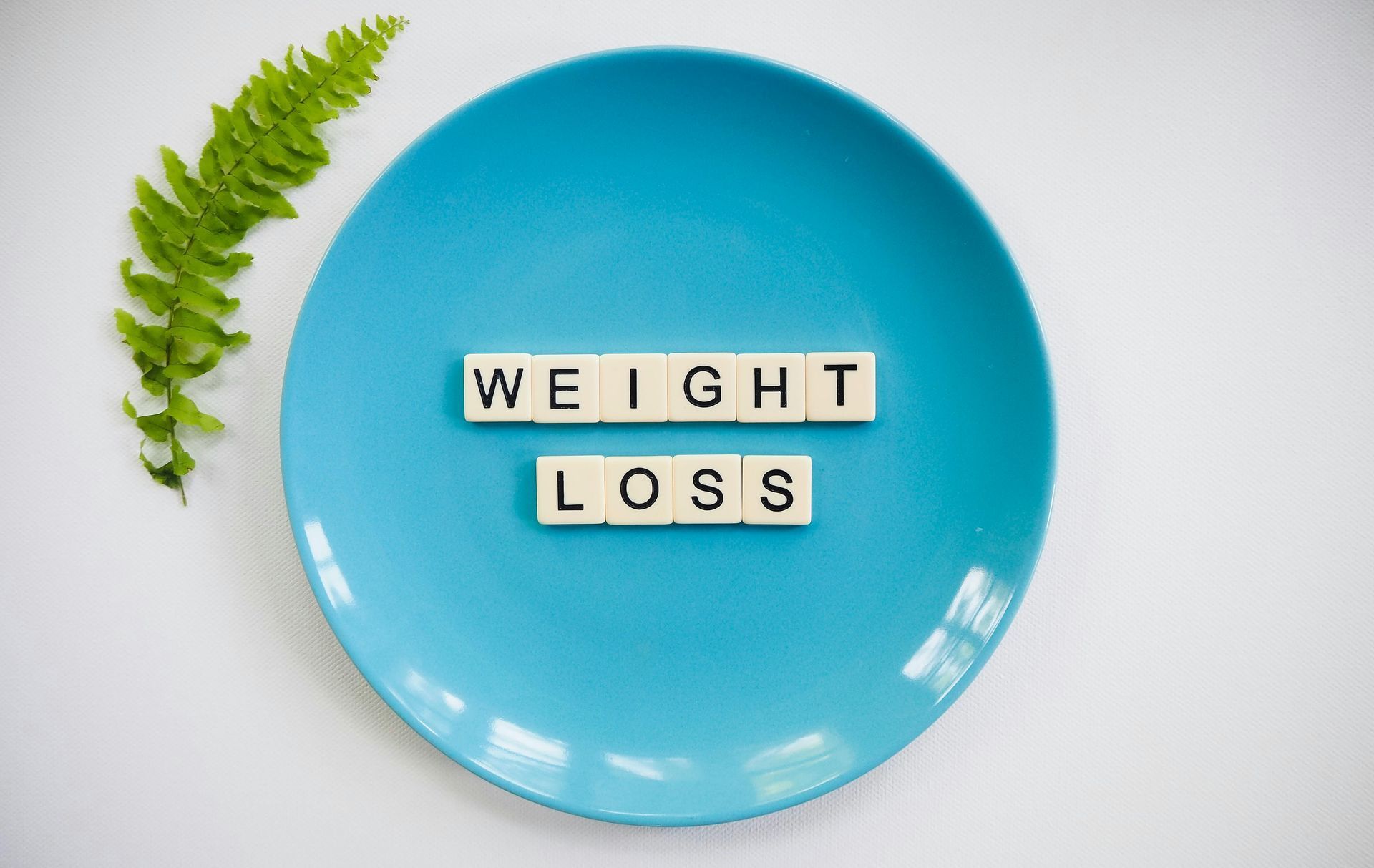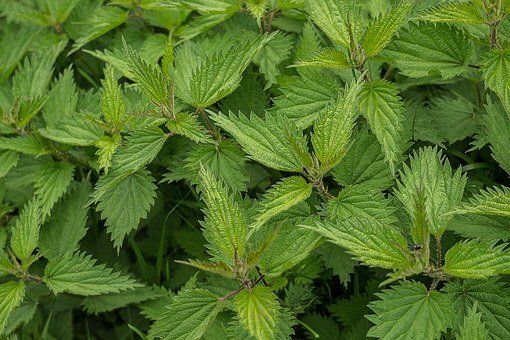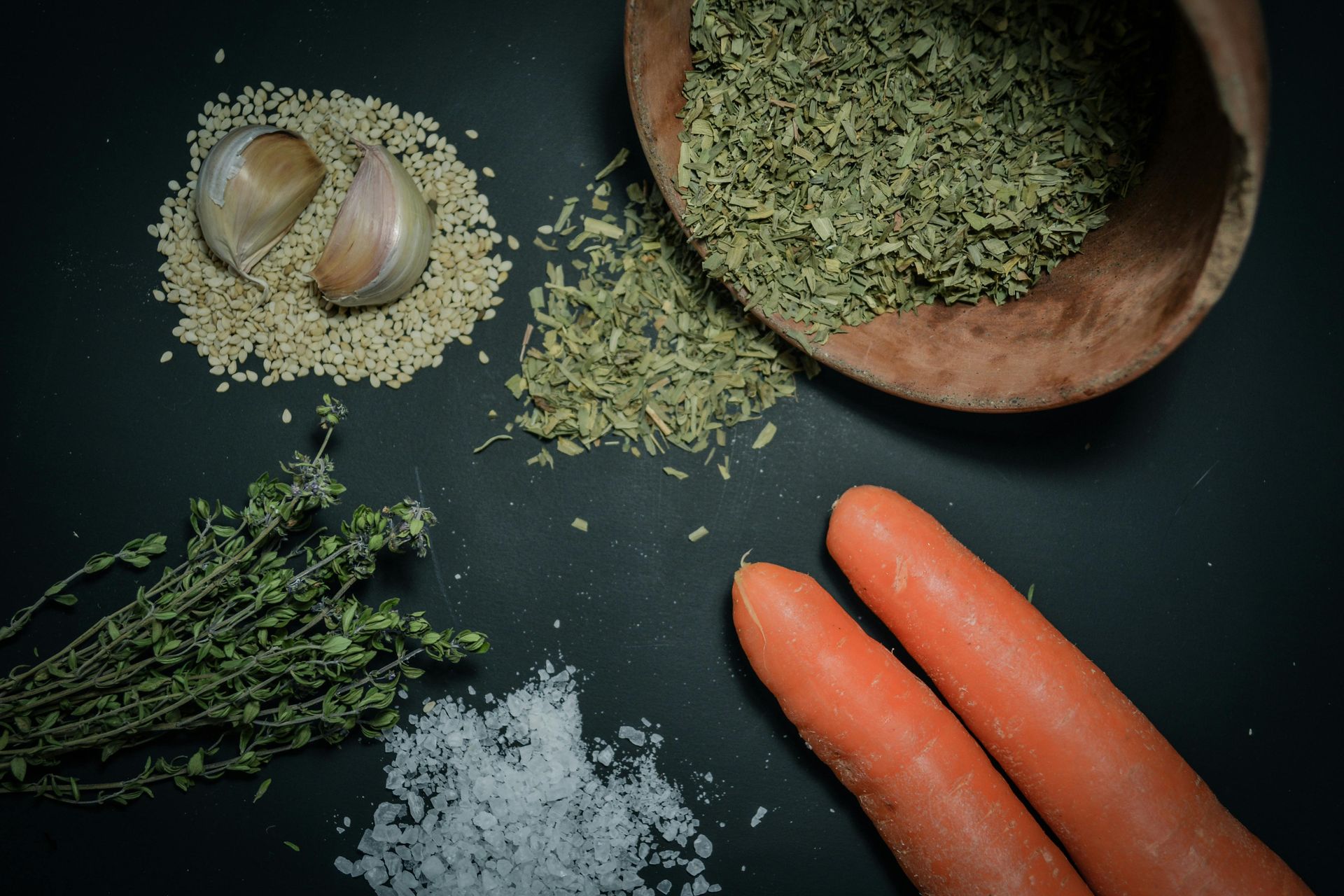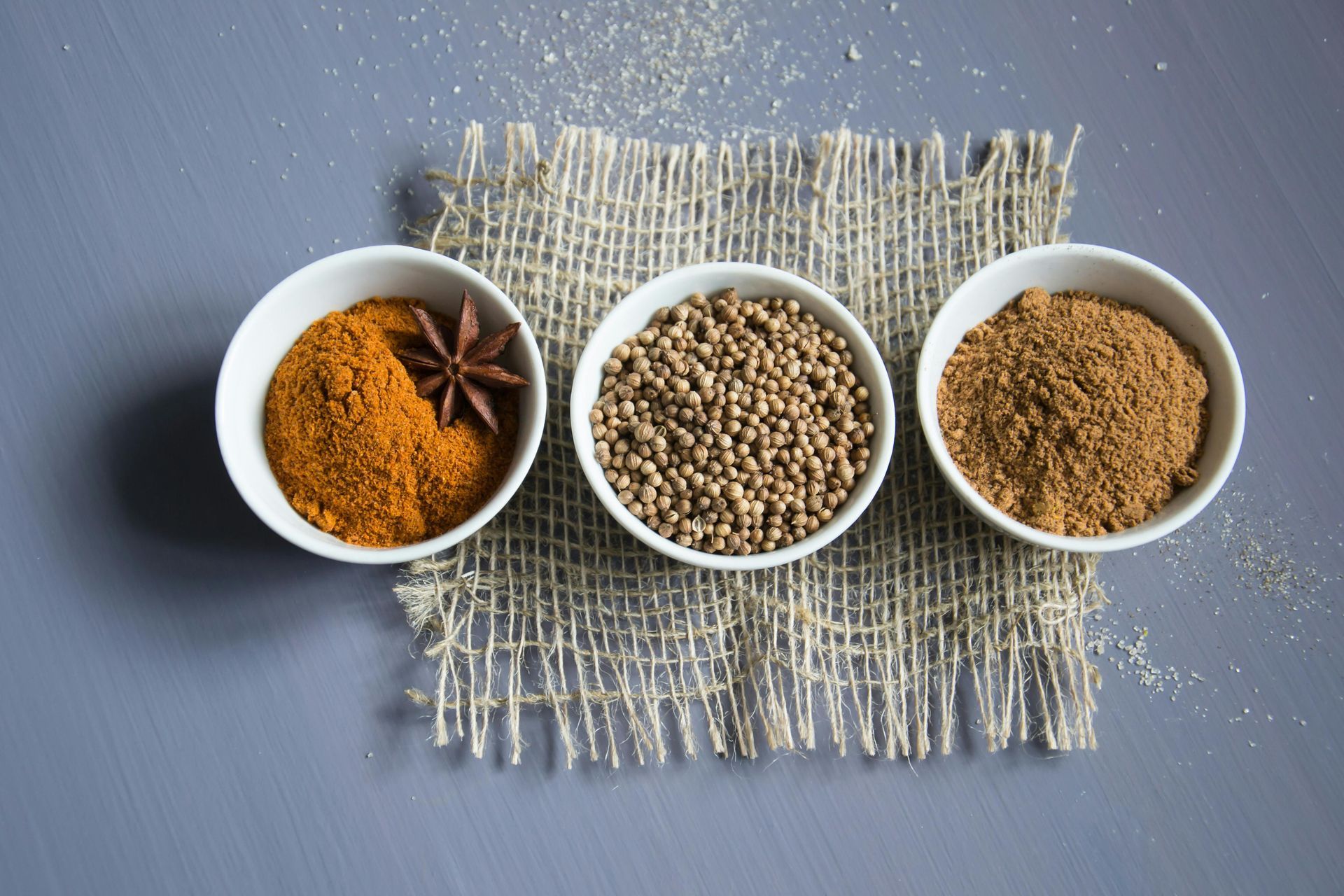Detoxification
Do You Need to Detox from Microplastics?
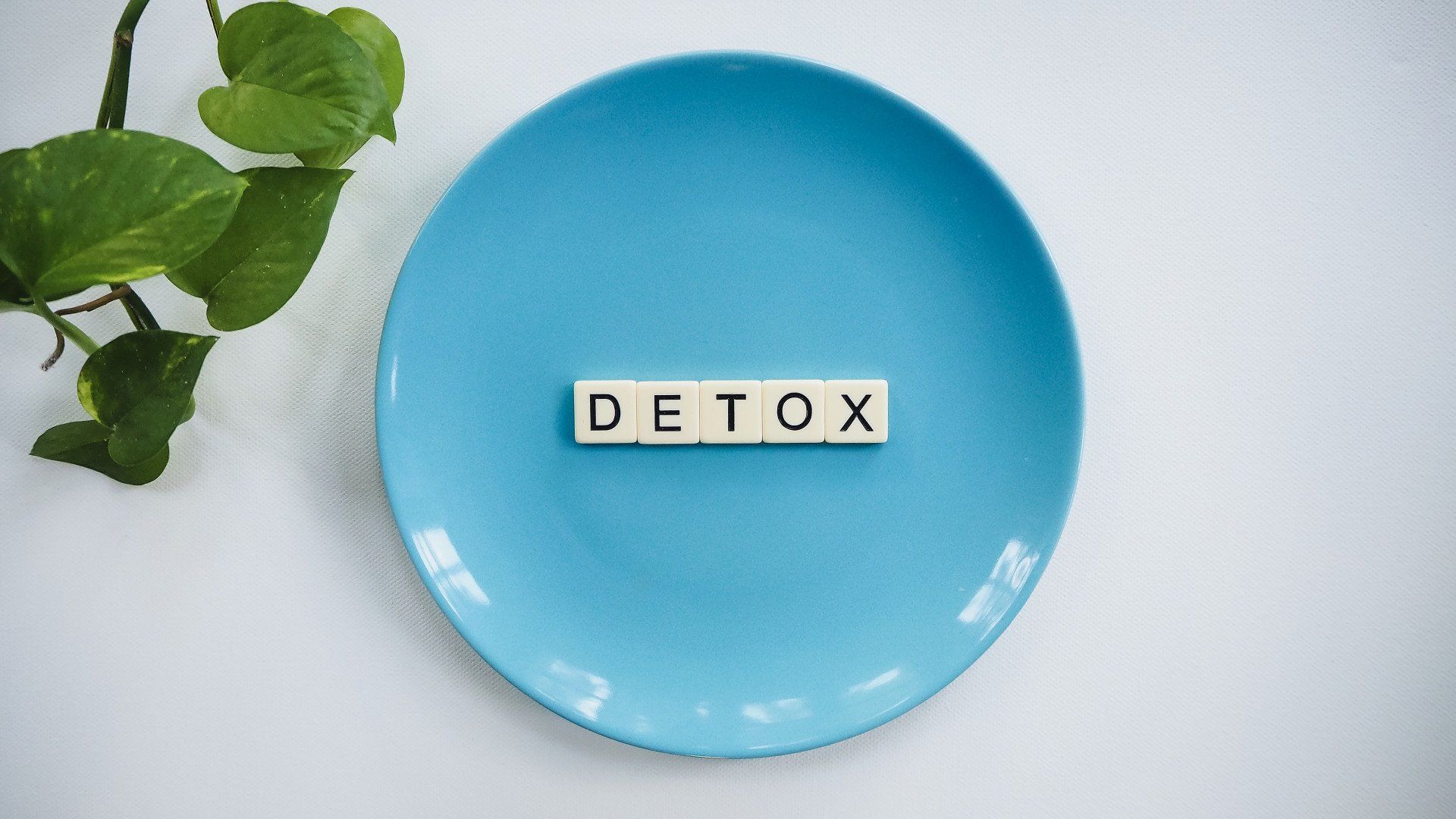
Microplastic pollutants are micron-sized particles that are persistent in the environment. There has been a sustained increase in the production of plastics over the last fifty years and this will only continue to rise. 60-80% of garbage is plastic (1) and the incineration of plastic waste results in microplastic pollution in air, soil and water. Seafood is by far the most common food source, but microplastics have been found in sugar, drinking water, honey, beer, grain, poultry, eggs, wine, infant formula, fruits and vegetables. Microplastics are also ingested via food packaging, such as plastic water bottles and cups. One study found that drinking one hot drink out of a plastic cup every 4-5 days caused 38,000-89,000 microplastic particles to be ingested in a year (2).
Environmental pollutants such as persistent organic pollutants (POPs) and heavy metals have been linked with diseases such as: obesity, diabetes, heart disease and cancer (3). Most alarming is the role that microplastics might play as carriers of these pollutants and the impact these have on human health. The health impacts of microplastics are preliminary, but studies suggest that microplastics may have adverse effects on the immune system, increase the risk of cancer, promote neurotoxicity and accelerate aging through increased oxidative stress (4).
Do you need to detox?
While rigorous randomized controlled clinical trials (RCTs) on detox diets are generally lacking, at least one human study showed that a diet rich in organic plant-based foods (high in fiber, phytonutrients and antioxidants) can aid the removal of toxins such as heavy metals, promote weight loss and reduce body fat (5). While it is unknown whether or not microplastics can be removed from the body via a detox diet, detoxification is a cornerstone of traditional systems of healing, such as Ayurveda. Today, it finds its place in integrative medicine as an important preventive health and wellness strategy.
Whole body detoxification is not colon cleansing or starving yourself on lemon water! It is a process of supporting your body’s natural elimination systems by eating high quality organic foods and taking supplements designed to facilitate the body’s own safe removal of toxins. If you decide to do a detox, you should be eating food (no prolonged fasting!) and following a modified elimination diet, which includes protein, carbohydrates and fat. Nutritional supplements designed to aid your body in elimination are sometimes taken, but your body’s organs of detoxification (the liver, colon, kidneys and skin) do the actual detoxification. Vitamins, minerals and herbs assist your body in doing a more efficient job through the upregulation of detoxification enzyme systems, the binding of toxins (fiber) and increased elimination of wastes.
Each individual experiences detoxification differently, but you might experience greater energy, more clarity, better focus, beautiful skin, relief from allergies, less joint pain, improved digestive health, less irritability, weight loss and other positive effects. Following a detox program also increases motivation to change poor eating habits and can help with structure and discipline. Psychologically, detox programs promote a “reset” mindset which leads to better habits and the feeling of a new start. What better time than the New Year to recommit to your personal path of health and wellness?
While everyone can benefit from detoxification, a structured program is best suited to healthy adults who want to improve their health and well-being. Individuals with serious chronic illness or those who take certain prescription medications should check with a healthcare provider. Pregnant women, lactating women, young children (<14 years old), or frail individuals should not do a detox program. Detox programs can be especially harmful to those who suffer with eating disorders.
1. Kadac-Czapska K, Knez E, Gierszewska M, Olewnik-Kruszkowska E, Grembecka M. Microplastics Derived from Food Packaging Waste—Their Origin and Health Risks. Materials. 2023; 16(2):674. https://doi.org/10.3390/ma16020674
2. Guanyu Zhou, Qidong Wu, Peng Tang, Chen Chen, Xin Cheng, Xin-Feng Wei, Jun Ma, Baicang Liu, How many microplastics do we ingest when using disposable drink cups?, Journal of Hazardous Materials, Volume 441, 2023, 129982,ISSN 0304-3894, https://doi.org/10.1016/j.jhazmat.2022.129982.
3. Guo W, Pan B, Sakkiah S, Yavas G, Ge W, Zou W, Tong W, Hong H. Persistent Organic Pollutants in Food: Contamination Sources, Health Effects and Detection Methods. International Journal of Environmental Research and Public Health. 2019; 16(22):4361. https://doi.org/10.3390/ijerph16224361
4. Arifur Rahman, Atanu Sarkar, Om Prakash Yadav, Gopal Achari, Jaroslav Slobodnik, Potential human health risks due to environmental exposure to nano- and microplastics and knowledge gaps: A scoping review, Science of The Total Environment, Volume 757, 2021. ISSN 0048-9697 ,https://www.sciencedirect.com/science/article/abs/pii/S0048969720374039
5. Jung, SJ., Kim, WL., Park, BH. et al. Effect of toxic trace element detoxification, body fat reduction following four-week intake of the Wellnessup diet: a three-arm, randomized clinical trial. Nutr Metab (Lond) 17, 47 (2020)https://link.springer.com/article/10.1186/s12986-020-0046-9
